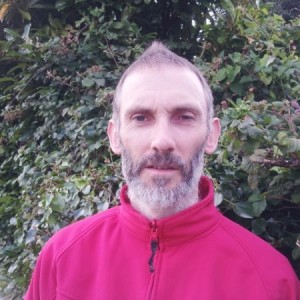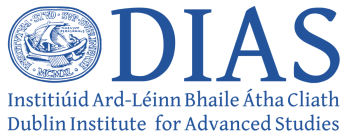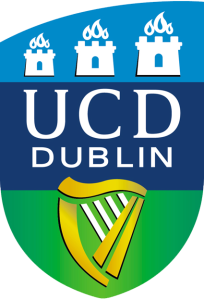Brian Quigley:
Quality Control Chemist

Your name?
Brian Quigley
Your job title?
Senior Quality Control Chemist at Bristol Meyers Squibb
What are the main tasks, responsibilities and skills required?
I test in-process samples in real-time. This means that when we manufacture the active ingredient for our medicines, and any problems occur, I make suggestions for possible fixes.
You need to be organised in my job, able to multi-task many situations at once, be able to react quickly to problems and think on your feet.
You need to have excellent communication skills and be able to work in a team environment.
Describe a typical day?
At the start of my shift I check on all the production units and plan out what tests I will receive into the laboratory. I am then able to set up the instruments and run off the samples as they come in.
At the end of my shift I summarise the production status for the next shift crew.
What’s cool?
Being part-responsible for millions of dollars / euros worth of chemical products each time I am in work is exciting, as well as being a serious responsibility.
Also, being involved in the transfer of new medicines to production as they are developed.
What are the main challenges?
Shift work can be very tiring – the body just doesn’t function the same at 4 o’clock in the morning!
Who or what has most influenced your career direction?
My parents took a huge interest in my education and encouraged me to work hard and study a subject that would lead to a good career.
My science teacher at school made the subject interesting and accessible and so was another big influence.
Does your job allow you to have a lifestyle you are happy with?
Yes. Shift work in particular allows for an excellent work-life balance and I have plenty of time to spend with my family and pursue my hobbies when I am not in work.
What subjects did you take in school and did they influence your career path?
Chemistry, economics and physics were my option subjects for Leaving Certificate. Taking Chemistry encouraged me to study it at University level.
What is your education to date?
I attended Presentation Brothers in Bray between 1981 and 1987.
I studied Science then from 1987 to 1991 at Trinity College.
In 2014 I completed a Post Graduate Certificate in 3rd Level Education and Learning.
What aspects of your education have proven most important for your job?
All the Organic Chemistry modules touched on aspects of drug-manufacture reaction and synthesis and these are things I have always used in my career.
What type of maths do you use in your job?
There is a big focus on looking at the numbers our analytical methods give us, to ensure they are correct and ensure they ‘look’ right in comparison to test standards and previous runs of the analysis.
Although a lot of analytical equipment is computerised, there are still some tests that use more involved calculations and equations that need to be worked out or at least checked with a calculator.
Also, statistics are used a lot to summarise multiple runs of a test and pick out anything that is ‘out of trend’.
How do you use maths?
I use maths every time I’m in work. Although I am a chemist I find it important to use maths as much as I use chemistry, to focus on the numbers I see on test reports and pick out anything unusual. Small variations in numbers can lead to big problems in chemical production.
Also, most project work and written reports require a mathematical basis to present their findings.
Did you like maths at school and what advice would you give to a second level student studying maths?
I enjoyed maths at school but found it took a little bit more work than most other subjects.
I’d say to students of maths, work hard at it and ask plenty of questions when you have a problem with a topic, rather than let the problem build up. Don’t be afraid to be persistent in asking questions – teachers are prepared for this and understand that students grasp topics at different rates.
What aspects of the mathematics curriculum have proved most important to your job?
Statistics is probably the top one. An ability to work with statistics, pick out trends.
Algebra is also important. A lot of the numbers generated in analytical chemistry come out of algebraic equations.
Geometry has also been important in my chemistry studies, particularly in relation to shapes of molecules.
What advice would you give to someone considering this job?
Focus on getting a science qualification and at the same time develop your ‘soft’ skills such as teamwork, communication skills, organisational ability and presentation skills.
What kinds of work experience would provide a good background for this position?
Try to pick a course that offers a work-placement in the industry. If this isn’t possible try to get a summer vacation job in the industry.





